Sales Inquiry
The Future of Non-Ferrous Forging and Casting: 3 Emerging Trends
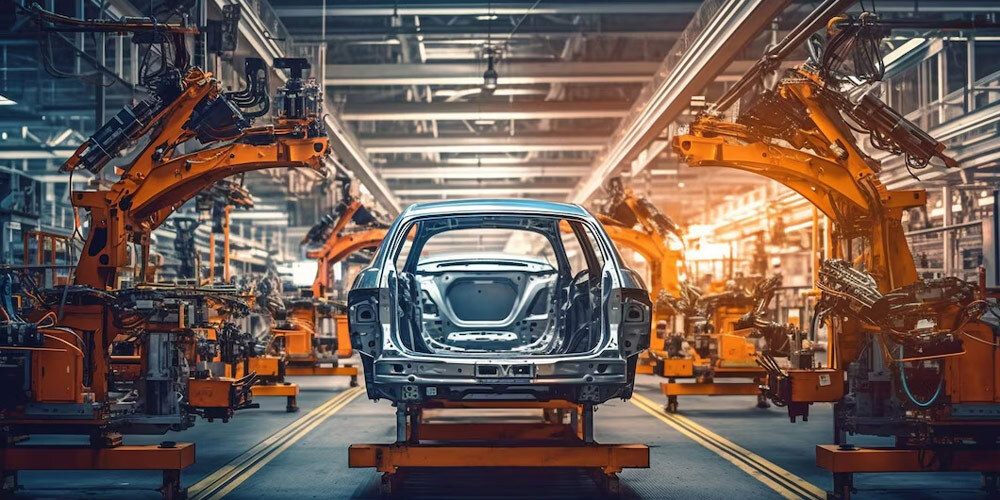
The world of non-ferrous forging and casting is constantly evolving, driven by advancements in technology, changing industry demands, and a growing focus on sustainability. As we look towards the future, several exciting trends are shaping the landscape of this essential manufacturing process. Let's delve into three key trends that will define the future of non-ferrous forging and casting:
1. Additive Manufacturing Integration:
Additive manufacturing (AM), also known as 3D printing, is rapidly transforming various industries. Its potential to create complex shapes and reduce material waste makes it a game-changer for non-ferrous forging and casting. Here's how AM integration is likely to impact the future:
1. Hybrid Manufacturing: Combining AM with traditional forging and casting techniques can unlock new possibilities. For instance, AM can be used to create intricate internal features within a forged component, leading to lighter and stronger parts.
2. Tooling and mould production: AM allows for the creation of complex and customised tools and moulds, often with internal cooling channels, leading to faster production cycles and improved casting quality.
3. Direct metal printing: While still in its early stages, advancements in direct metal printing of non-ferrous materials like aluminium and titanium hold immense potential for producing high-performance components directly from digital models.
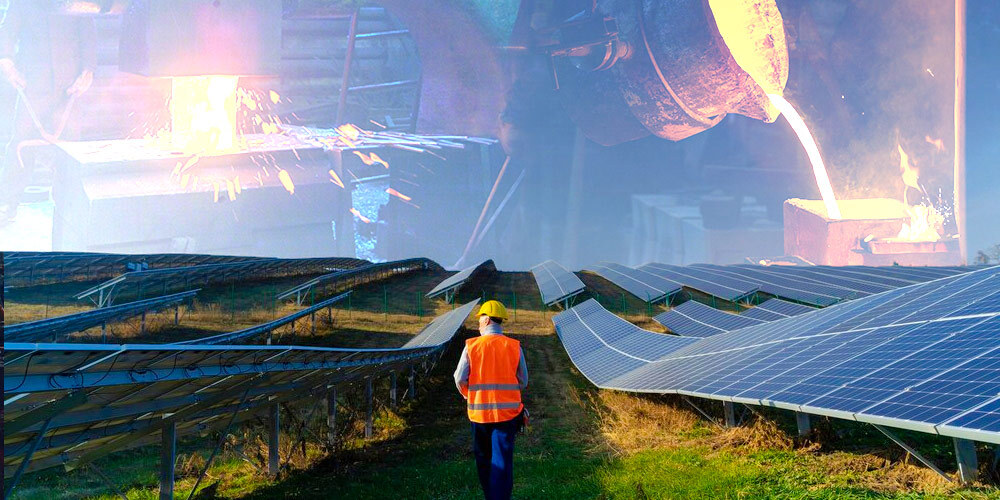
2. Sustainable Practices and Material Innovation:
Sustainability is a critical focus across all industries, and non-ferrous forging and casting is no exception. Here's how the future will likely see a shift towards more sustainable practices:
1. Lightweighting: The growing demand for fuel efficiency, particularly in the automotive and aerospace sectors, is driving the development of lightweight non-ferrous alloys. These alloys offer the strength and performance needed while reducing weight, leading to lower emissions and improved fuel economy.
2. Closed-loop recycling: Minimising waste and maximising material reuse are becoming increasingly important. Advanced recycling technologies are being developed to efficiently recover non-ferrous metals from scrap, reducing the need for virgin materials and lowering the environmental impact.
3. Energy-efficient processes: Optimising furnace technologies and utilising renewable energy sources are crucial steps towards reducing the carbon footprint of non-ferrous forging and casting operations.
3. Automation and Data-Driven Manufacturing:
The rise of Industry 4.0 is transforming manufacturing processes through automation and data-driven insights. Here's how these advancements will shape the future:
1. Robotic automation: Repetitive and hazardous tasks within forging and casting facilities are increasingly being automated with robots, improving safety, consistency, and production efficiency.
2. Real-time process monitoring: Sensors and data analytics are being integrated into forging and casting processes to monitor critical parameters like temperature, pressure, and metal flow. This real-time data allows for process optimization, defect detection, and improved quality control.
3. Predictive maintenance: Machine learning algorithms can analyse data from equipment sensors to predict potential failures, enabling proactive maintenance and minimising downtime.
These three emerging trends – AM integration, sustainable practices, and automation – are poised to revolutionise the non-ferrous forging and casting industry. By embracing these advancements, manufacturers can create lighter, stronger, and more sustainable components while optimising production processes and minimising environmental impact.
Looking Ahead:
As these trends continue to develop, the future of non-ferrous forging and casting promises to be one of innovation, sustainability, and efficiency. IQS Engineering Solutions, at the forefront of this industry, is committed to staying ahead of the curve by integrating these advancements into its manufacturing processes. This dedication ensures that IQS continues to deliver high-quality, high-performance non-ferrous forged and cast components that meet the evolving needs of its customers.

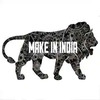
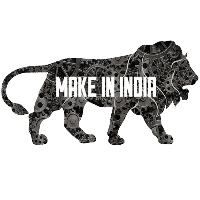

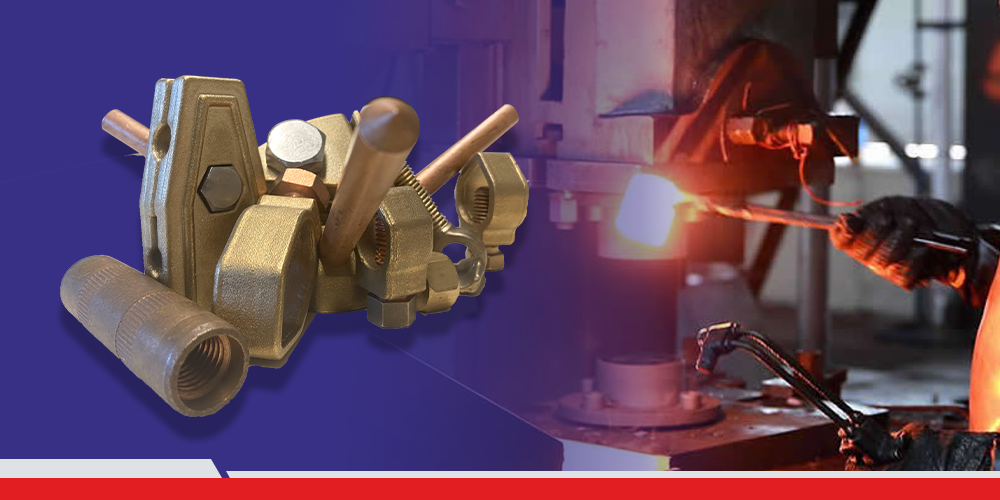
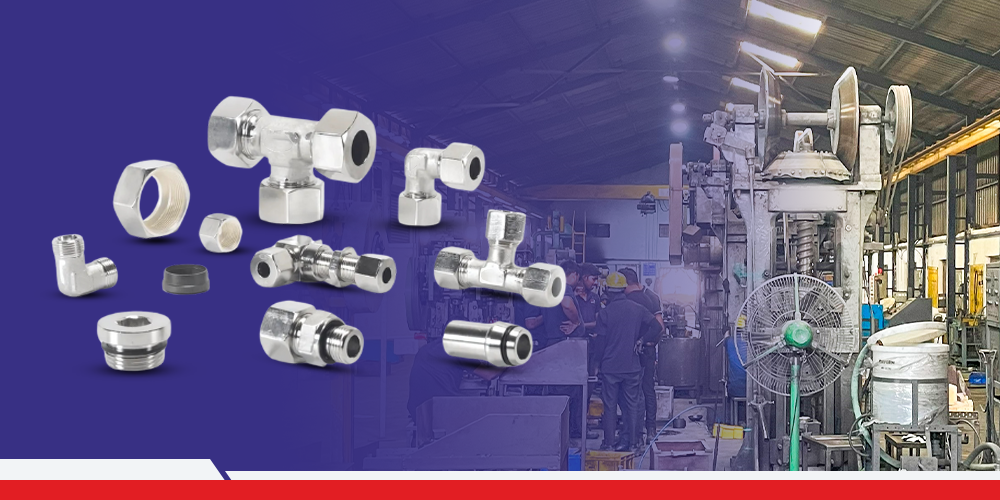
.png)